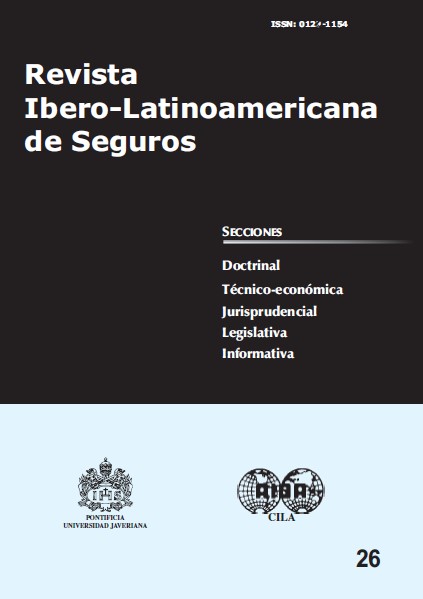Consideraciones sobre la reticencia en el derecho uruguayo
##plugins.themes.bootstrap3.article.details##
This article analyzes the regulation of concealment in Uruguayan Law.
Insurance contracts involve very delicate balances based on principles of good faith and economic rigor. Insurance companies are not in a position to assess all of the circumstances of risks. Thus they must base their assessment on information furnished by the insured, who must act in good faith and contribute, by making true and complete representations, to the insurer’s full understanding the risk. If the insured fails to perform this duty, the insurer could assume a risk very different from the actual one, which it would not have accepted, or at least not under the conditions agreed to. In such cases article 640 of the Commercial Code authorizes the insurance company to claim nullity of contract based on the insured’s concealment.
Concealment, good faith, nullity, representations, coverage questionnairereticencia, buena fe, nulidad, declaraciones, cuestionario previo


